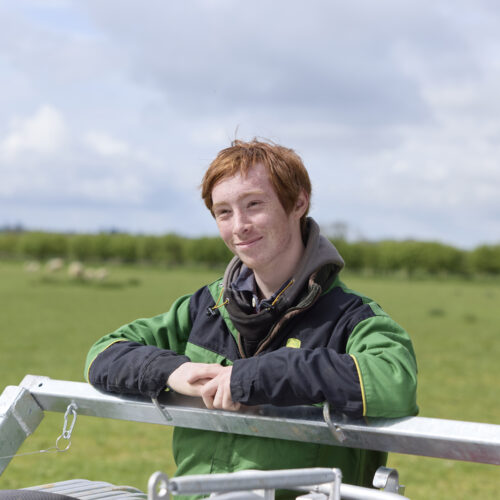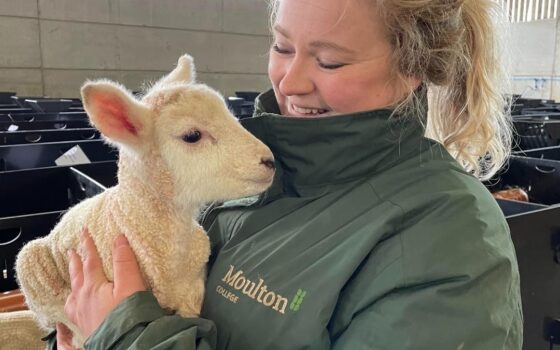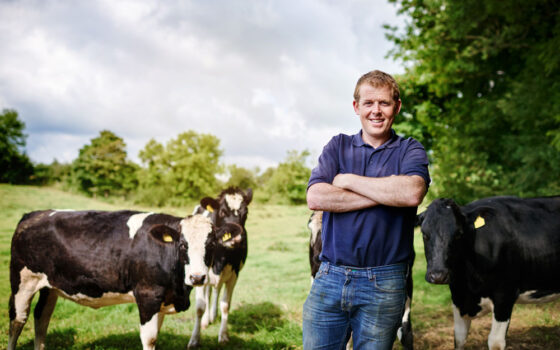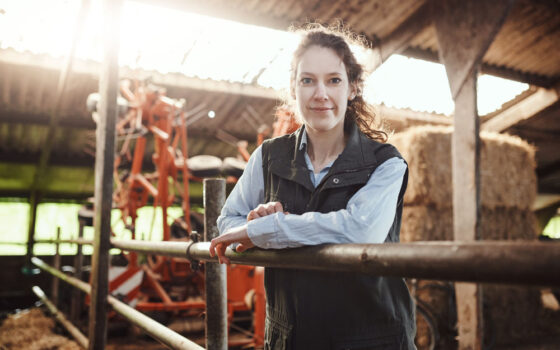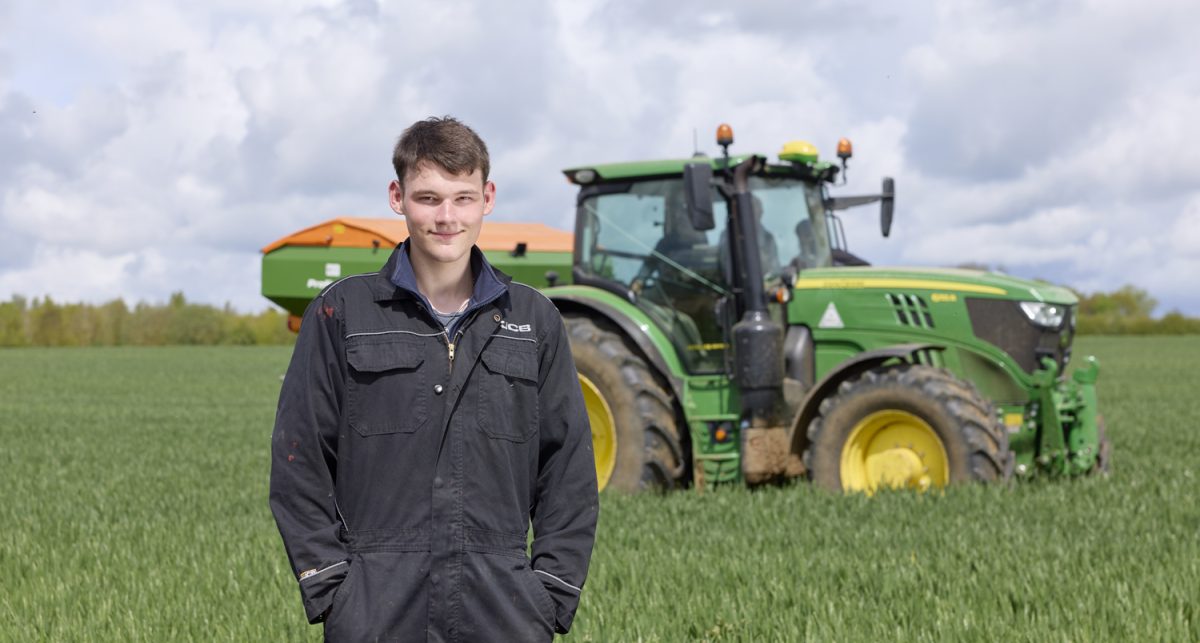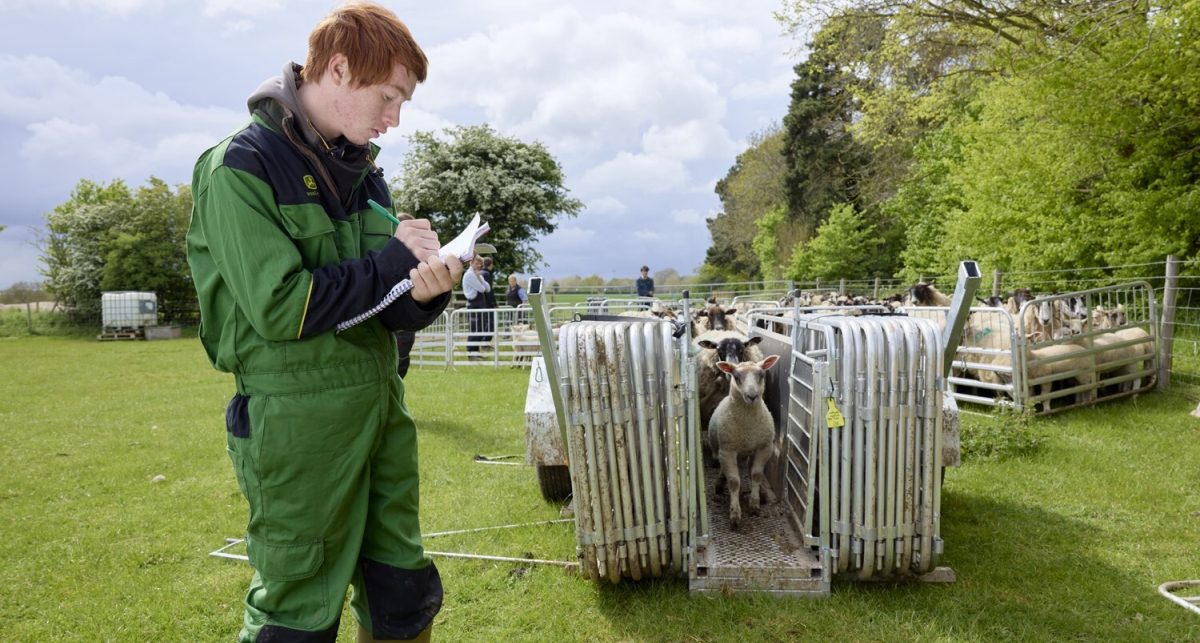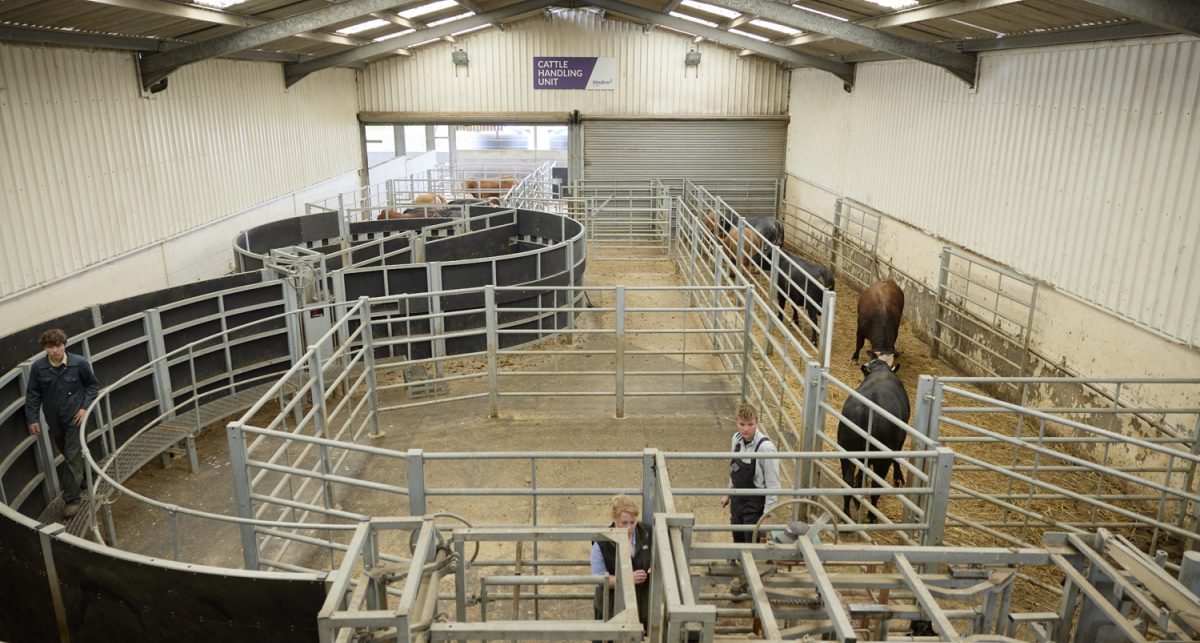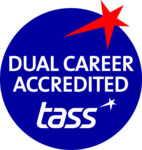The Agriculture Industry is one of continuous development and innovation. If working with the land, plant and crop cultivation, livestock care and farm management interests you then this course will set you on track to start your career in Agriculture.
Our Level 3 Diploma in Agriculture students have access to an exciting range of specialist resources at the College, with over 440 hectares of farmed estate on a range of soil types our fully equipped workshops have a range of machinery including tractors, forklifts and all-terrain vehicles. Guided by our expert staff and guest lecturers you’ll use our extensive farmed estate to develop your knowledge in farm management and diversification.
As part of your course you will undertake commercial experience, where you will learn and develop practical skills that will be vital for your future in agriculture and farm management.

